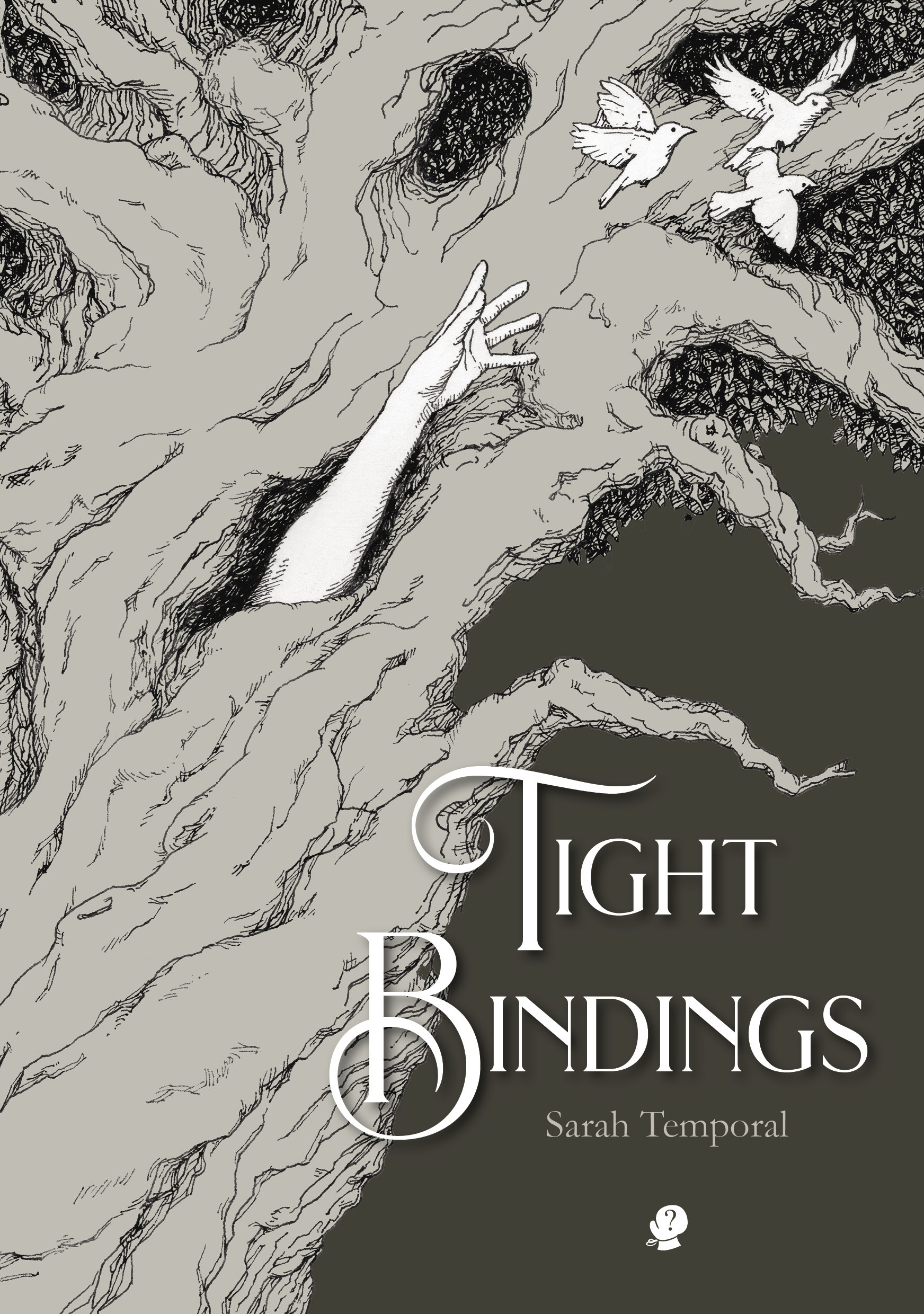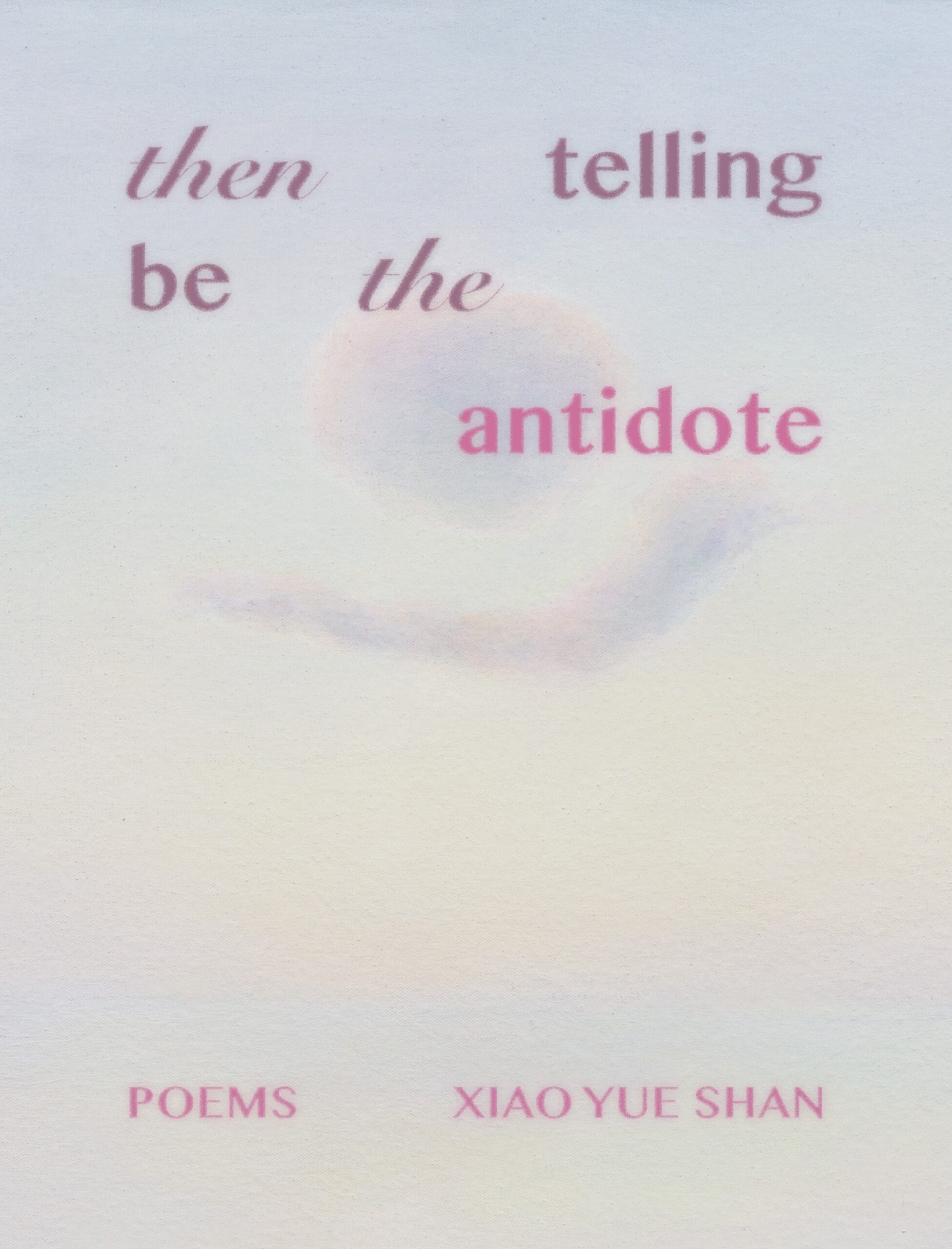 I found myself first reading Mehta’s poems on a sunny, hot, false summer October day and listening to my neighbor’s music that swirled up and over my fence and into my yard. It was strange music–ghostly.
I found myself first reading Mehta’s poems on a sunny, hot, false summer October day and listening to my neighbor’s music that swirled up and over my fence and into my yard. It was strange music–ghostly.
Tag: poetry
A review of Wild Pack of the Living by Eileen Cleary
 In this tale of humans gone wrong, and the powerful presence of the natural world as witness, the flowers do not cloy; they arrive, watch, and listen—plants accompany, then entrap. “Dog lilies and the larkspurs may have heard.” “Day lilies escort us.” “downed pines trap me.”
In this tale of humans gone wrong, and the powerful presence of the natural world as witness, the flowers do not cloy; they arrive, watch, and listen—plants accompany, then entrap. “Dog lilies and the larkspurs may have heard.” “Day lilies escort us.” “downed pines trap me.”
A review of Tight Bindings by Sarah Temporal
 The poems pivot around the birth of a daughter, expanding outward from child to woman to humanity to universe and back again to the daughter. A cycle that repeats itself, Fibonacci-like throughout the book, utilising fairy tales, legend, place, and experience to create an overarching story of female transformation that feels simultaneously intimate and mythic.
The poems pivot around the birth of a daughter, expanding outward from child to woman to humanity to universe and back again to the daughter. A cycle that repeats itself, Fibonacci-like throughout the book, utilising fairy tales, legend, place, and experience to create an overarching story of female transformation that feels simultaneously intimate and mythic.
The Shifting of the Possibilities of the World: a review of Xiao Yue Shan’s then telling be the antidote
 Shan’s “city” is also the family, nature, love, time, dreams, reality. Place (the literal, physical city) is important, and travel among these physical realities is part of the dynamic Shan writes about in these poems—otherness, newness, migration—but these are not poems of leisure and repose, and place is just one of the elements.
Shan’s “city” is also the family, nature, love, time, dreams, reality. Place (the literal, physical city) is important, and travel among these physical realities is part of the dynamic Shan writes about in these poems—otherness, newness, migration—but these are not poems of leisure and repose, and place is just one of the elements.
A review of Manuali’i by Rex Letoa Paget
 What I appreciated most about this book was the richness of the poetry with its combination of striking imagery, profound thoughts, subtle spirituality and cultural complexity.
What I appreciated most about this book was the richness of the poetry with its combination of striking imagery, profound thoughts, subtle spirituality and cultural complexity.
A review of But There’s So Much DIY in IVF That We Can’t Be Sure by Toby Goostree
 Without being didactic, Toby Goostree presents all of the implications of the very real trials of hopeful parents trying to conceive a child, their attitudes, their hope and their despair, their grief (“Oh, foolish plans! / Oh, smug house in a good school district!” he writes in “The Scratch”).
Without being didactic, Toby Goostree presents all of the implications of the very real trials of hopeful parents trying to conceive a child, their attitudes, their hope and their despair, their grief (“Oh, foolish plans! / Oh, smug house in a good school district!” he writes in “The Scratch”).
A review of Girl at the End of the World by Erin Carlyle
 Each poem serves as a poignant vignette, exploring themes of opioid addiction, childhood, familial relationships, broader environmental grief, and the struggle for survival. Carlyle skillfully captures the disorienting experience of losing a complicated father to addiction while the world itself seems to be unraveling.
Each poem serves as a poignant vignette, exploring themes of opioid addiction, childhood, familial relationships, broader environmental grief, and the struggle for survival. Carlyle skillfully captures the disorienting experience of losing a complicated father to addiction while the world itself seems to be unraveling.
A review of Spellbook of Ordinary Mistakes by Jane LeCroy
 That is to say, we may get a glimpse of the Jane LeCroy who grew up in Nyack, New York, in the shadow of the Tappan Zee Bridge looming in the distance, but the real Jane LeCroy is as elusive as the butterfly we think we’ve captured when we pin it to a board.
That is to say, we may get a glimpse of the Jane LeCroy who grew up in Nyack, New York, in the shadow of the Tappan Zee Bridge looming in the distance, but the real Jane LeCroy is as elusive as the butterfly we think we’ve captured when we pin it to a board.
Where the Time Goes, a review of Knowing by Mark Cox
 Perhaps all of the aforementioned influenced the distinct voice in Knowing, a voice that probes and wonders, laments and celebrates. Three central ideas are: The past is good, the present is better; fate coexists with human will; and time is unstoppable, art stops time.
Perhaps all of the aforementioned influenced the distinct voice in Knowing, a voice that probes and wonders, laments and celebrates. Three central ideas are: The past is good, the present is better; fate coexists with human will; and time is unstoppable, art stops time.
A review of Opus: A life With Music by Pip Griffin
 Griffin is a poet of philosophical refinement and linguistic delicacy, the poems in this collection are also compelling and wise, each poem a seed planted in a garden of beauty.
Griffin is a poet of philosophical refinement and linguistic delicacy, the poems in this collection are also compelling and wise, each poem a seed planted in a garden of beauty.